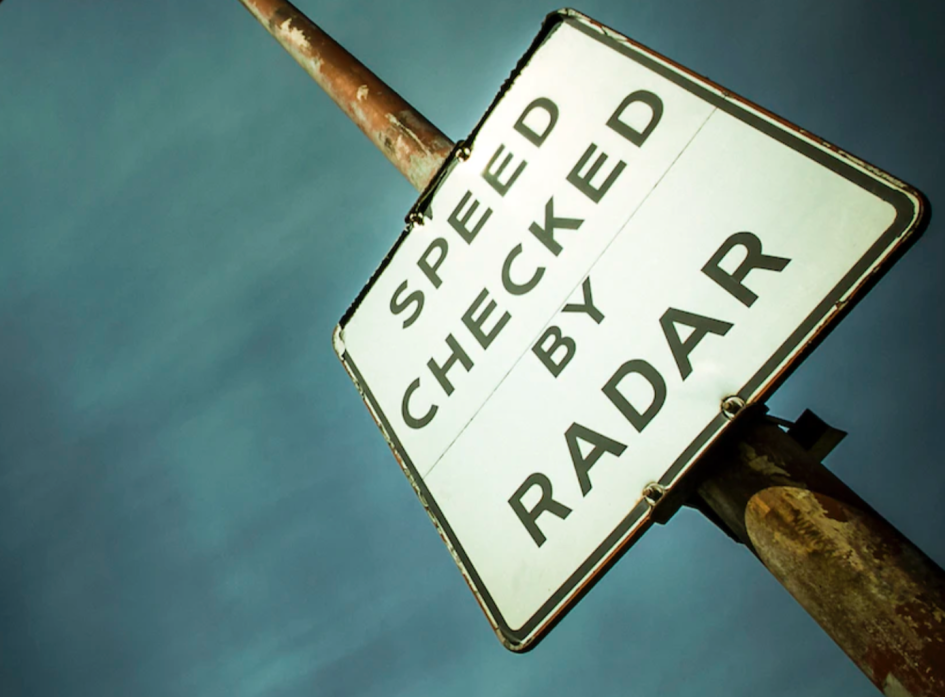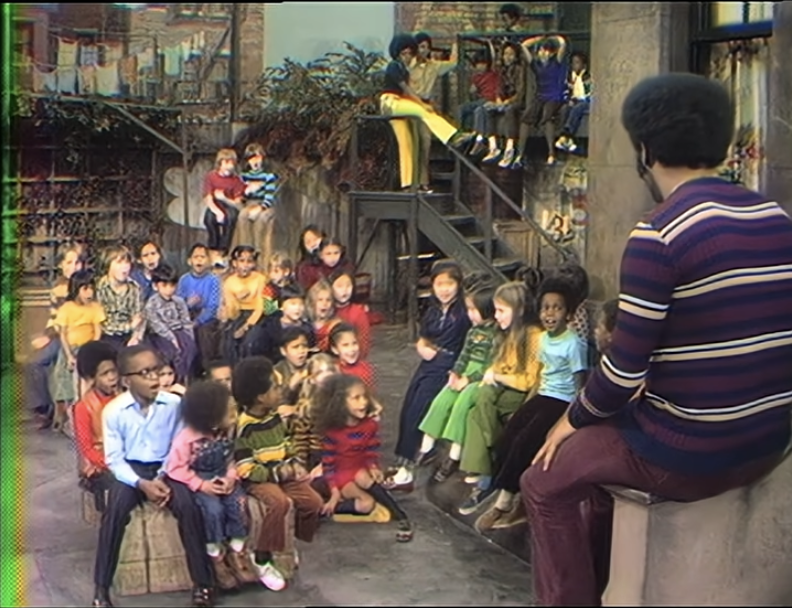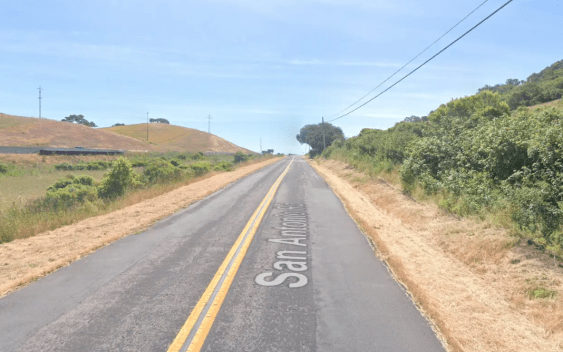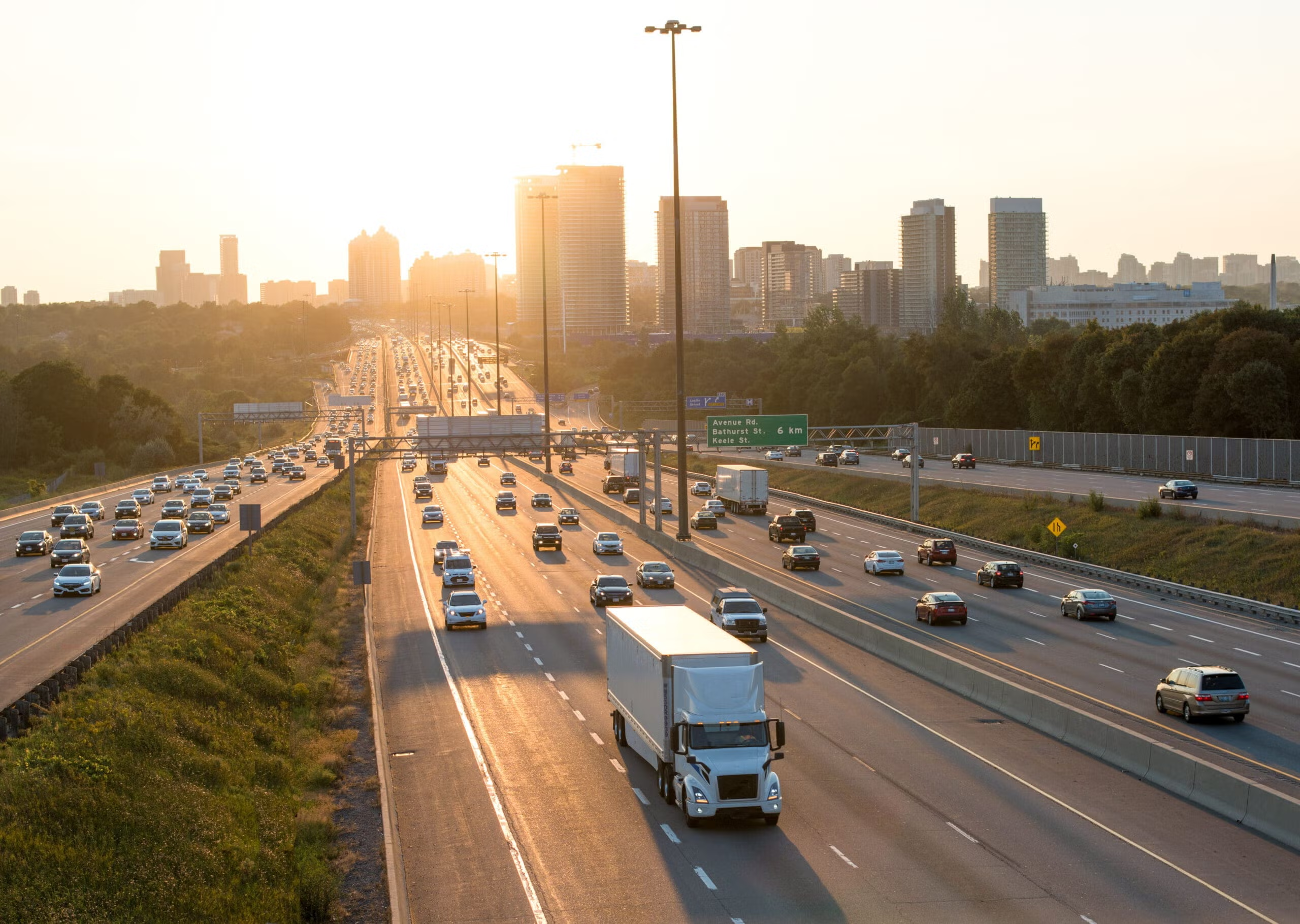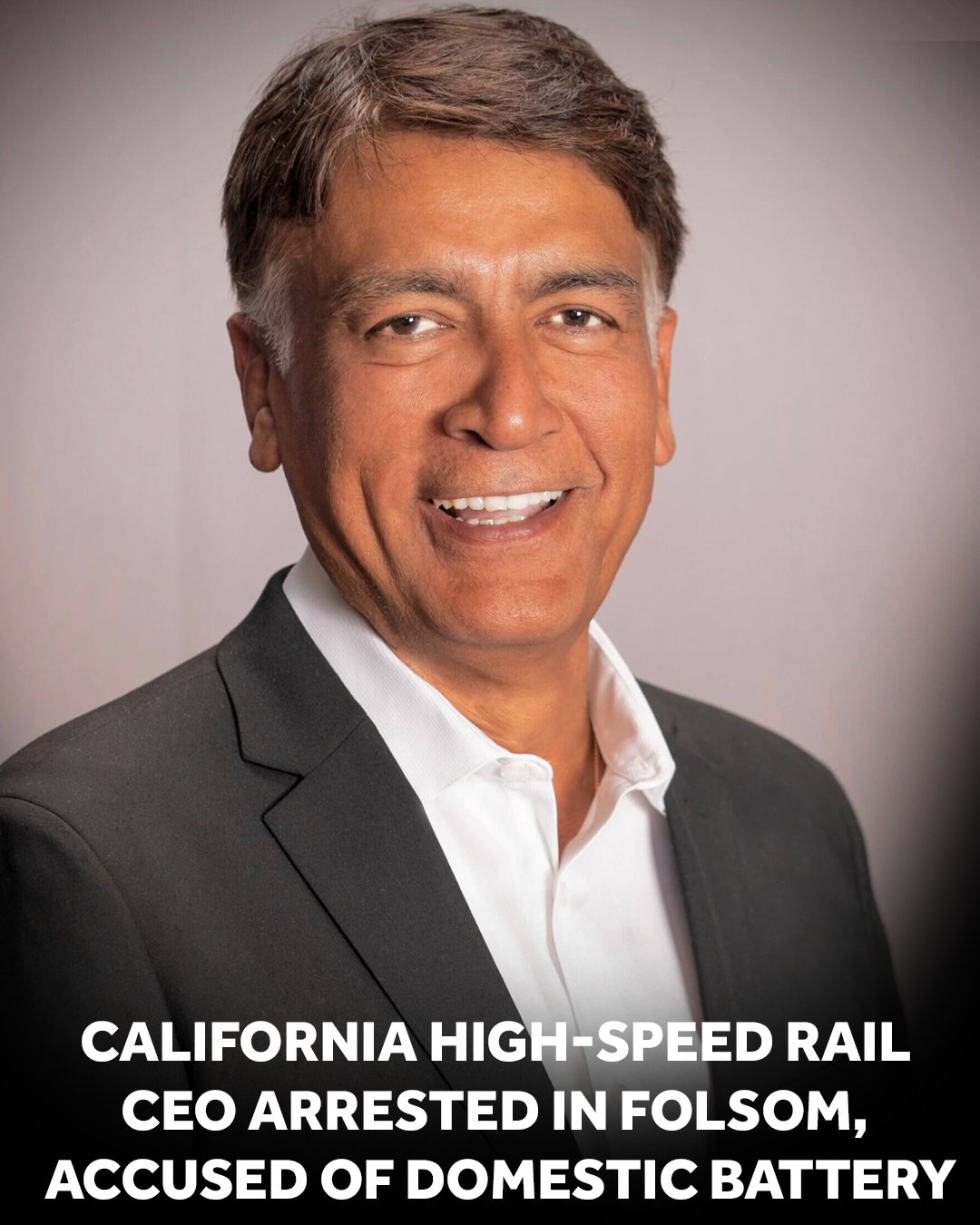For years, proponents of speed cameras, which have proven to reduce vehicle speeding, have been trying to get a bill through the state legislature to allow their use in California. While these bills have met with strong support, there has also been opposition based on a range of objections including equity and privacy. Opposing organizations include police unions, the ACLU, and a few small organizations that support "motorist rights."
The most recent speed camera bill, A.B. 645, is authored by Assembly Transportation Chair Laura Friedman, who has been working on a range of ways to increase street safety. One of her first bills created a task force to study how speed limits are set - which is basically using a form of crowd sourcing - and suggest ways to improve that process. Among its many suggestions, the task force recommended that the state begin to allow "automated speed enforcement," aka speed cameras.
In response to specific objections made by the (outnumbered) opponents - seriously, there are long lists of proponents in every committee bill analysis -
Friedman has added provisions to:
- Restrict where speed cameras can be used to corridors where speeding is a problem and to school zones during specific hours and accompanied by flashing beacons to warn drivers to behave properly
- Require cameras to be placed in geographically and income-diverse areas
- Protect drivers from surprises: provide clear warning signs in the area, conduct a thirty-day public campaign to warn drivers ahead of the start of the program, issue only warnings for the first sixty days of the program, and issue warnings rather than tickets to first-time offenders
- Protect drivers' privacy by quickly deleting photographic records and requiring all data to be confidential and not subject to release to other agencies
- Protect low-income drivers by creating a diversion program and keeping fines low; the bill also creates a non-court administrative process for disputed violations
- Protect privacy by only recording the license plate of the speeding vehicle, thus creating the unusual situation wherein the ticket is issued to the vehicle owner rather than the driver
- Guarantee that the program won't be used simply to raise revenue, by strictly limiting what revenue can be used for: to pay for the program or to provide further safe street treatments in the immediate area, with any excess to be turned over to the statewide Active Transportation Program)
- If the speed camera pilots do not help reduce speeds, then the program must be abandoned
There is more. A lot more. But some opponents will clearly never be satisfied.
These include some loud and insistent claims from the National Motorists Association (which advocates for fewer restrictions on drunk driving and on texting while driving) and "Safer Streets L.A." (which is neither for safer streets nor run out of L.A.). Both are represented by Jay Beeber. That name might be familiar to some Streetsblog readers, as he pushed against dedicated bus rapid transit and other mobility and road safety projects in the San Fernando Valley, and was a thorn in the side at the statewide task force on speed limits. Before moving to Phoenix, Arizona, Beeber was a perennial gadfly candidate, repeatedly losing quixotic campaigns for L.A. city offices.
Beeber trots out various paranoid claims against actually making streets safer, for example: "...the WAR ON CARS is real –and it's being waged at the highest levels of society by authoritarian culture warriors." Beeber insists, in written arguments to the CA legislature [PDF] and on reactionary radio shows, on pushing conspiracy theory arguments that vehicle speed is not the clear problem everyone else (including the academic research) has shown it to be, and instead blames inattentive pedestrians for the rising number of traffic deaths.
What is alarming is how much misinformation the Arizona resident keeps on peddling in California. Though his claims make little sense, Beeber continues to be one of the loudest voices in opposition to A.B. 645, despite all of Friedman's work to craft a camera program that responds to opponents' concerns.
The pilot programs defined under A.B. 645 deserve a chance to be tested.
A.B. 645 is currently in the Senate Appropriations Committee, where it will be decided on this week. If it passes there, it will go to the Senate Floor.
